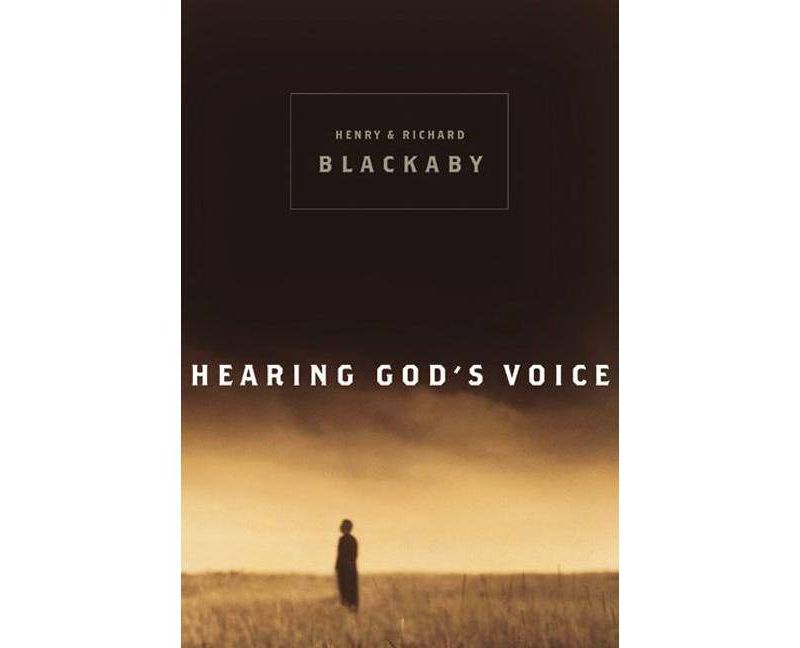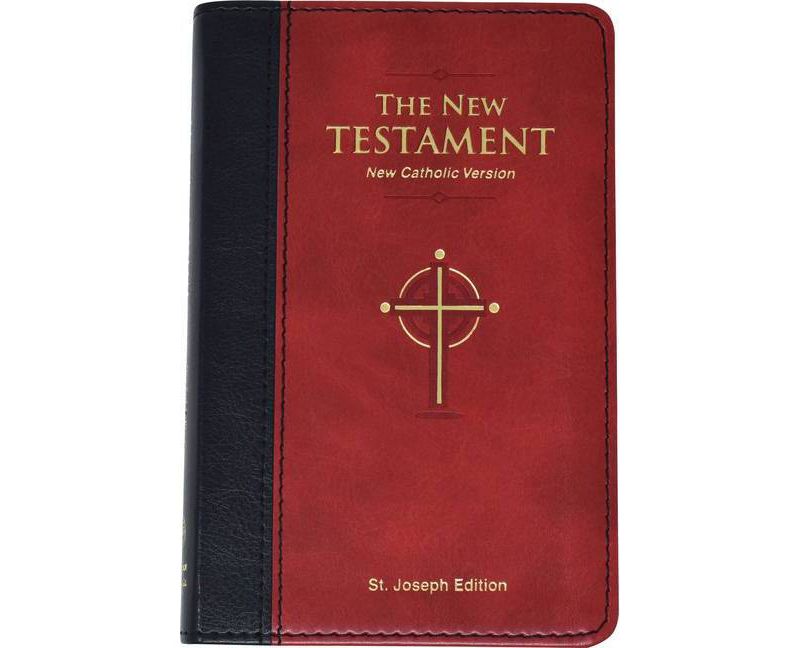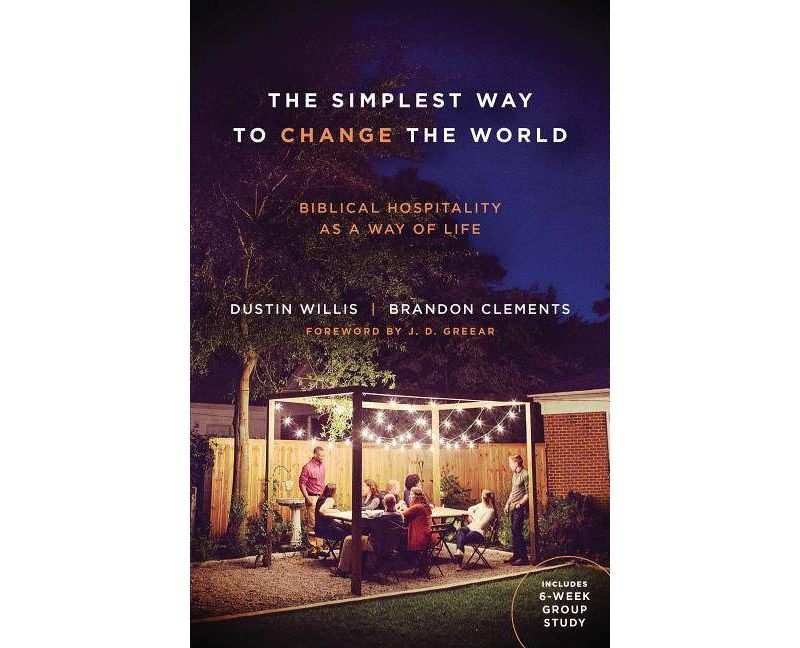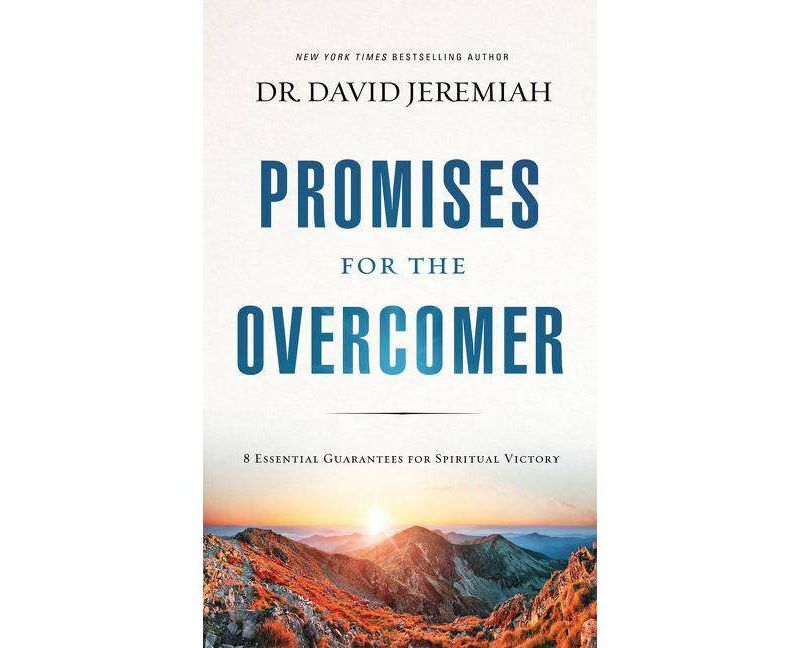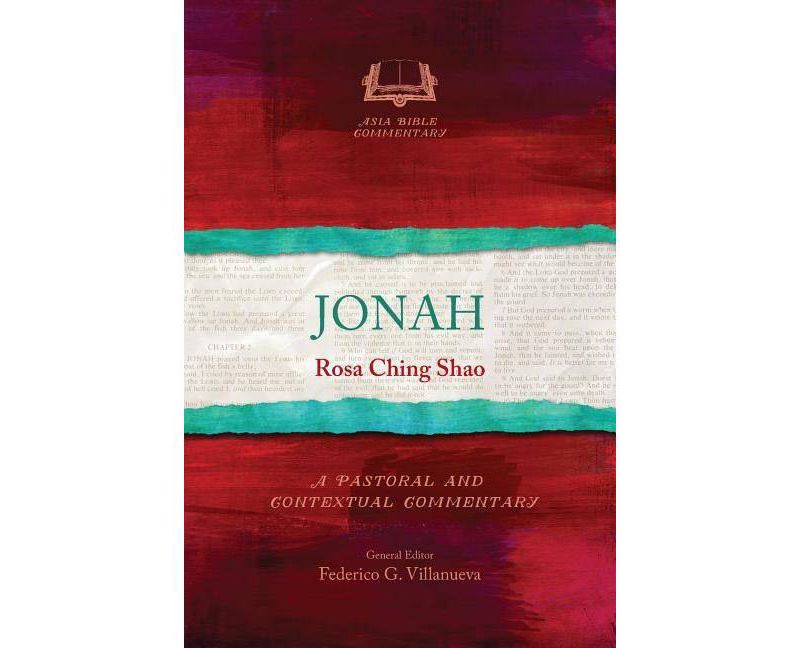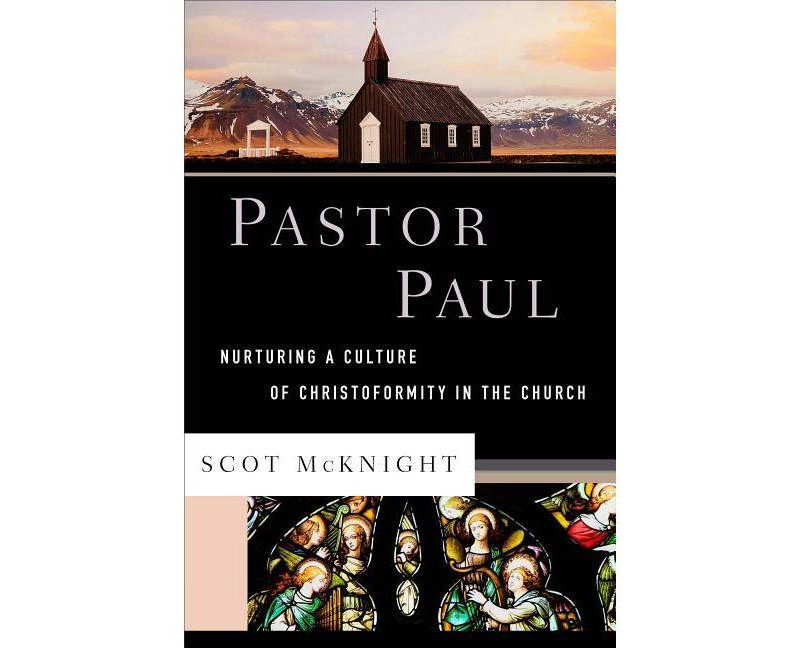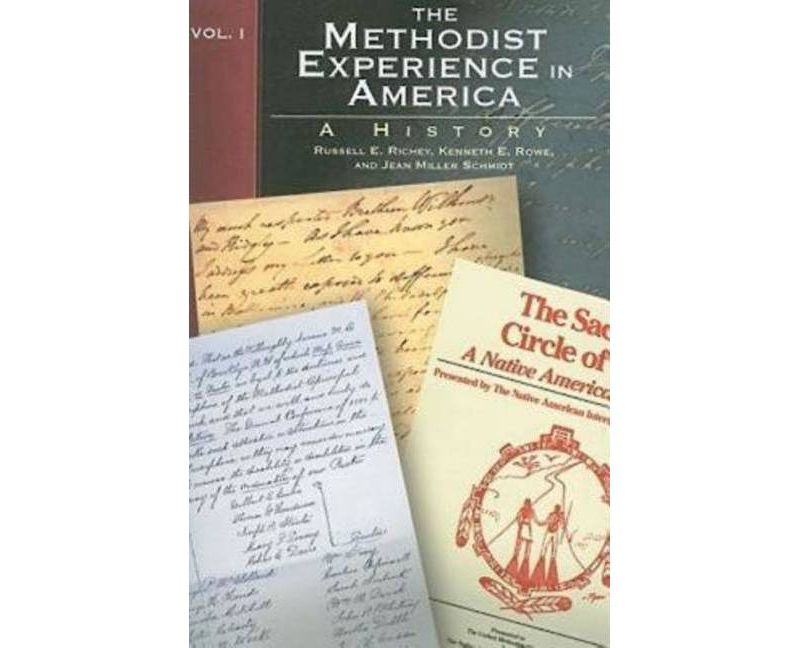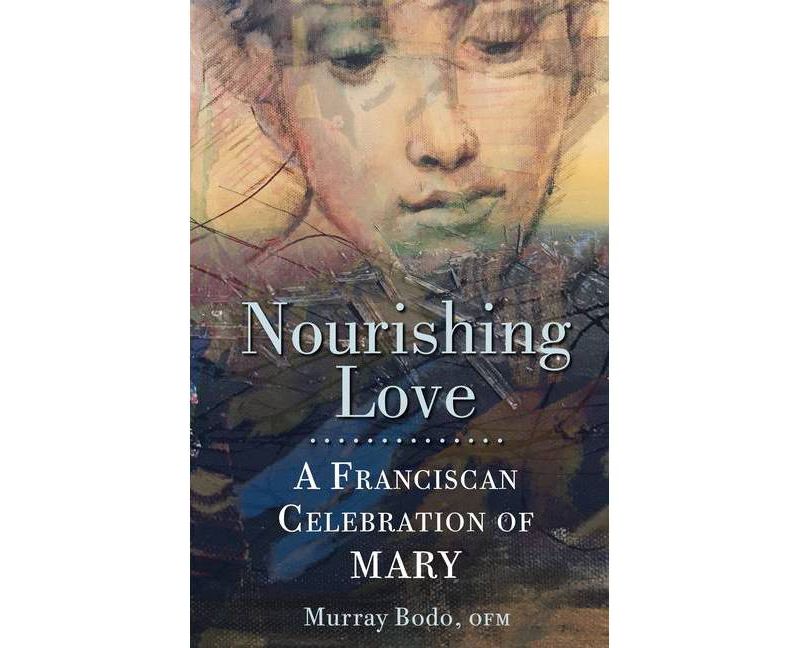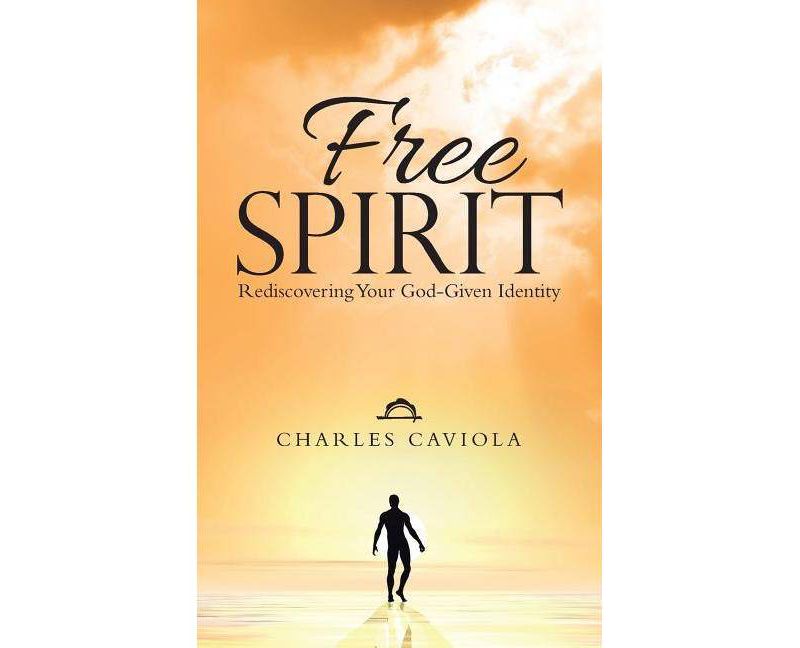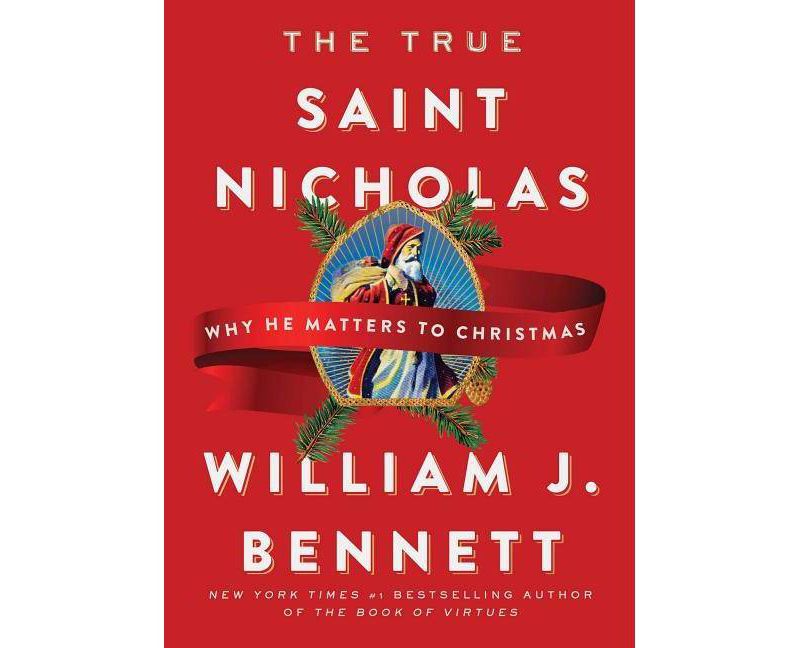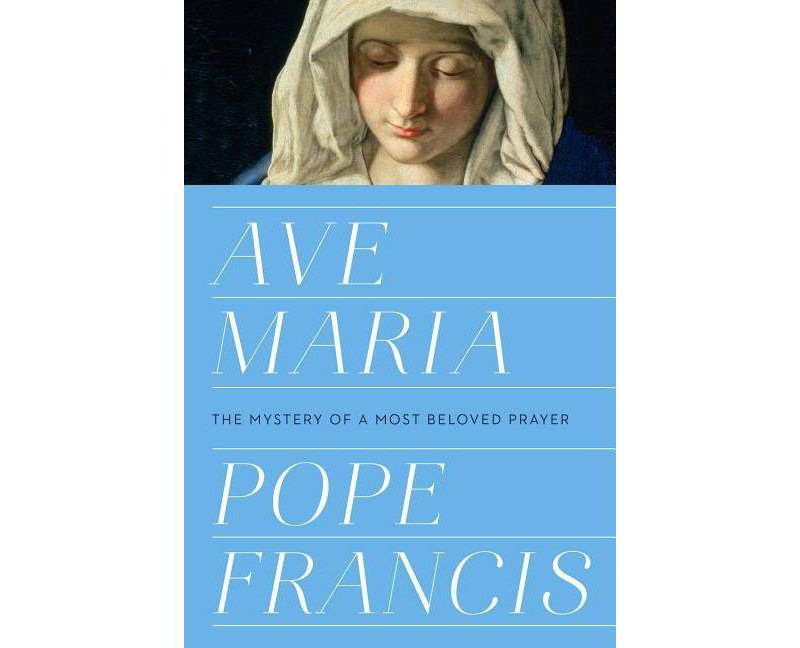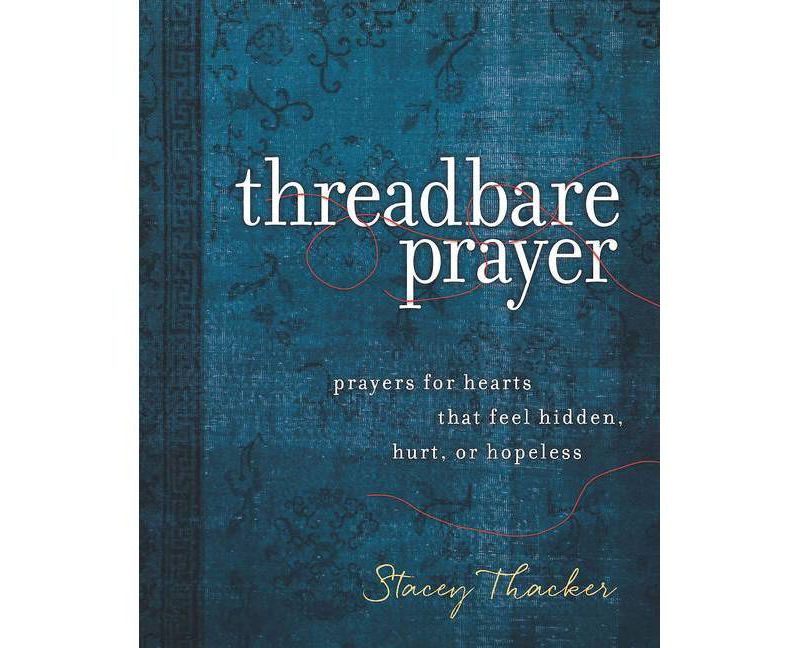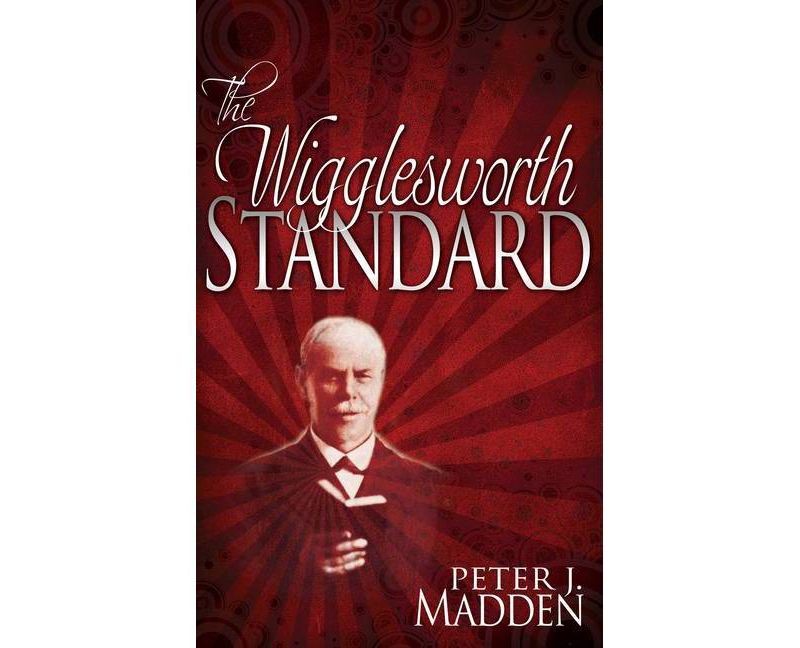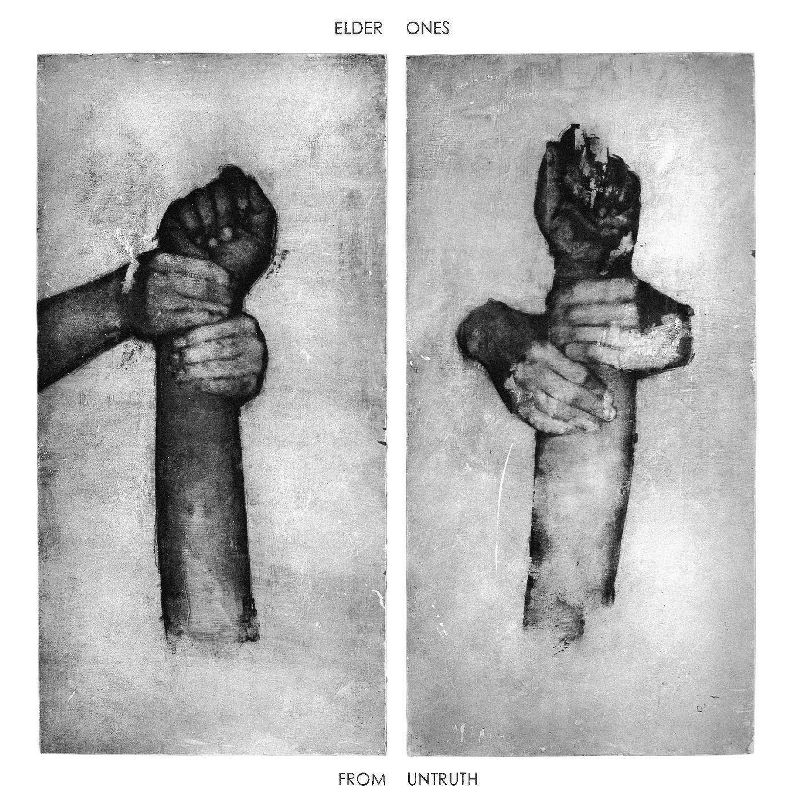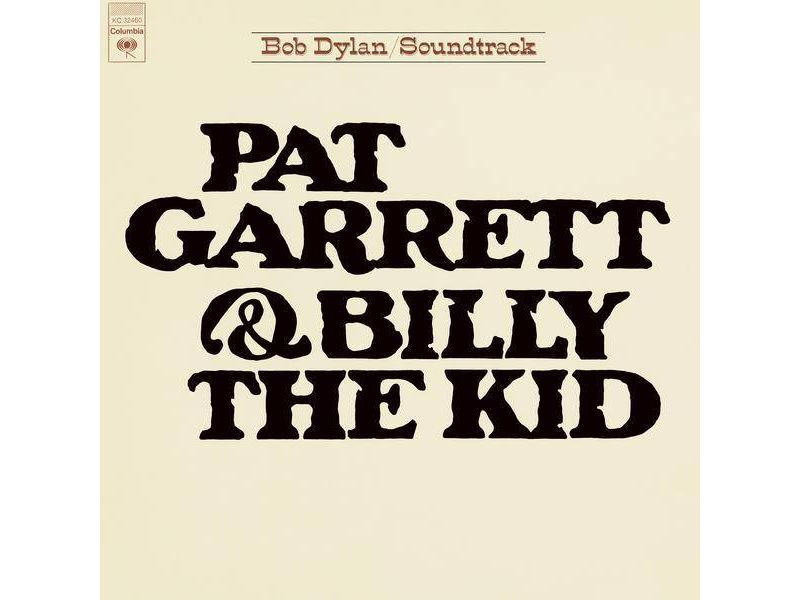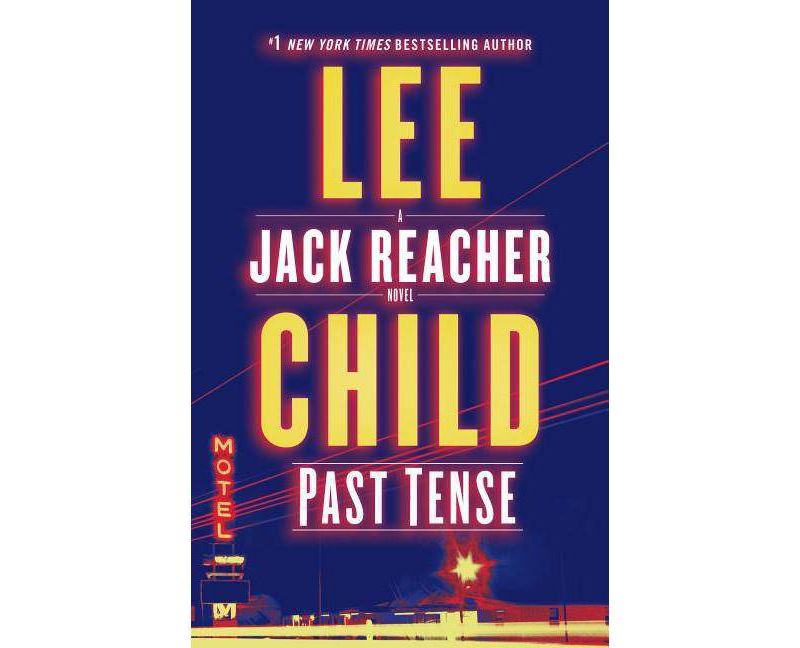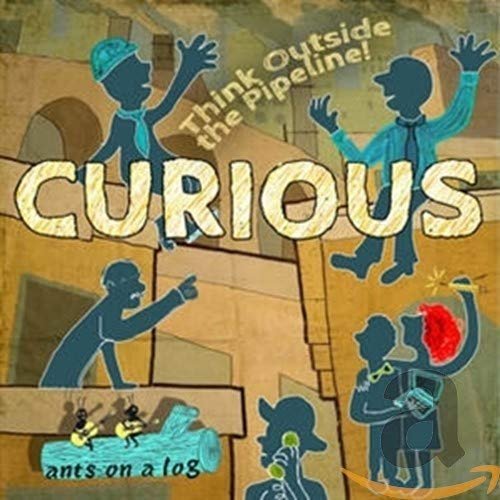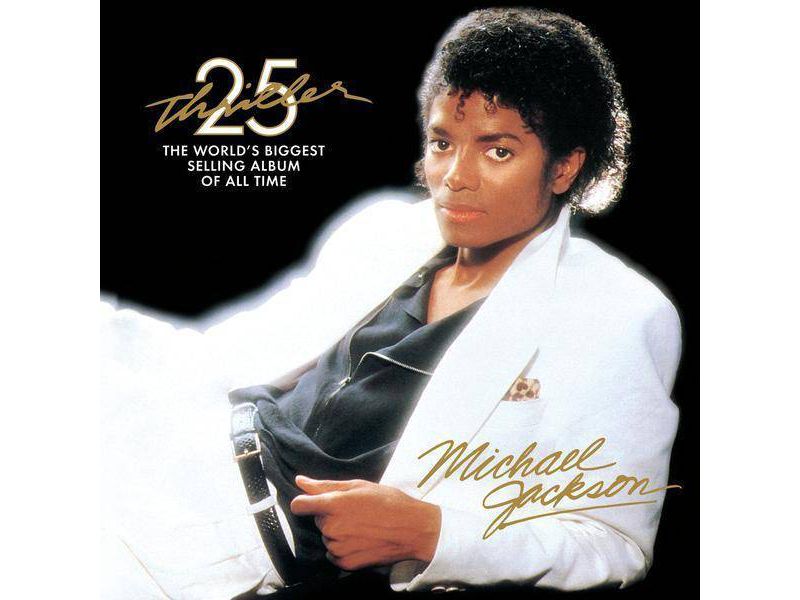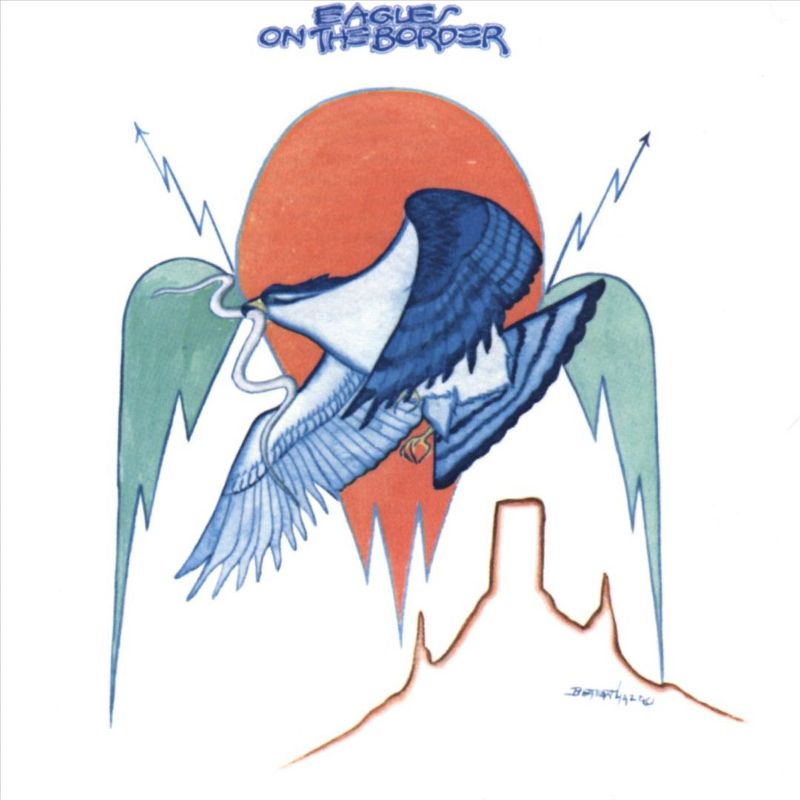Trusted shipping
Easy returns
Secure shopping
Buy The Great Azusa Street Revival - by William Seymour (Paperback) in United States - Cartnear.com
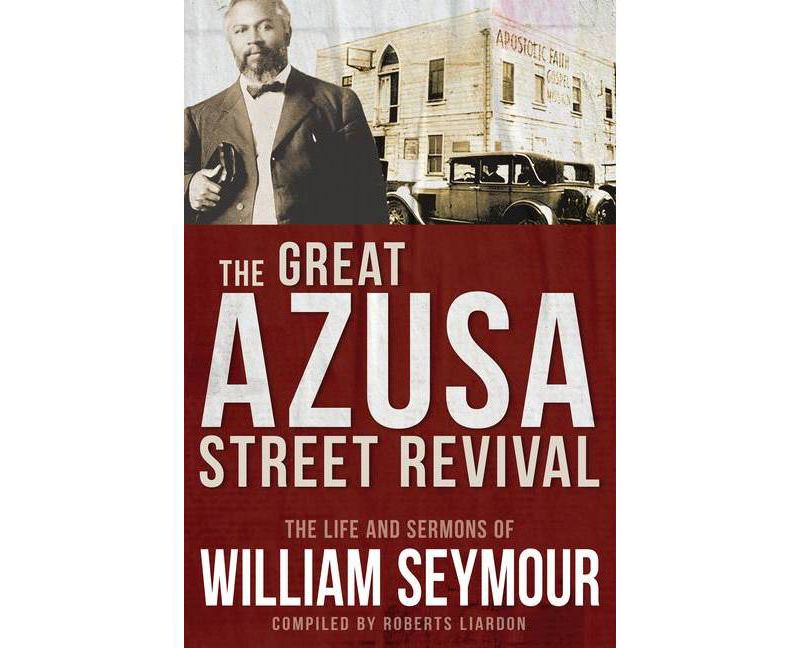
The Great Azusa Street Revival - by William Seymour (Paperback)
CTNR220942 09781641235228 CTNR220942Fitbit
2027-01-29
/itm/the-great-azusa-street-revival-by-william-seymour-paperback-220942
USD
14.8
$ 14.80 $ 14.95 1% Off
Item Added to Cart
customer
*Product availability is subject to suppliers inventory
SHIPPING ALL OVER UNITED STATES
100% MONEY BACK GUARANTEE
EASY 30 DAYSRETURNS & REFUNDS
24/7 CUSTOMER SUPPORT
TRUSTED AND SAFE WEBSITE
100% SECURE CHECKOUT
Number of Pages: 192
Genre: Religion + Beliefs
Sub-Genre: Christianity
Format: Paperback
Publisher: Whitaker House
Age Range: Adult
Book theme: Pentecostal & Charismatic
Author: William Seymour
Language: English
"There is no Jew or Gentile, bond or free, in the Azusa Mission," Seymour said. "No instrument that God can use is rejected on account of color or dress or lack of education. This is why God has built up the work."
Compiled by Roberts Liardon, author of the bestselling God's Generals series, The Great Azusa Street Revival features historic accounts, eyewitness testimonies to the power of God, and photos capturing the multicultural, worldwide appeal of Seymour and his ministry. Included are many of Seymour's stirring sermons and writings, which are still relevant to believers today.
Although the revival was short-lived, it produced and exploded the Pentecostal movement around the world. Today, many denominations attribute their founding to the participants of the Azusa Street church, and countless others are linked to this revival.
Genre: Religion + Beliefs
Sub-Genre: Christianity
Format: Paperback
Publisher: Whitaker House
Age Range: Adult
Book theme: Pentecostal & Charismatic
Author: William Seymour
Language: English
Book Synopsis
Serving as the "catalyst" of the Pentecostal movement in the twentieth century, William J. Seymour turned a tiny former horse stable in Los Angeles into an international center of revival. Baptism of the Holy Spirit, with the evidence of speaking in tongues, was a major part of the meetings held there, and Seymour led the first organized movement that promoted this experience. At Azusa, blacks, whites, Hispanics, and Europeans all met and worshiped together, crossing formerly impossible cultural lines."There is no Jew or Gentile, bond or free, in the Azusa Mission," Seymour said. "No instrument that God can use is rejected on account of color or dress or lack of education. This is why God has built up the work."
Compiled by Roberts Liardon, author of the bestselling God's Generals series, The Great Azusa Street Revival features historic accounts, eyewitness testimonies to the power of God, and photos capturing the multicultural, worldwide appeal of Seymour and his ministry. Included are many of Seymour's stirring sermons and writings, which are still relevant to believers today.
Although the revival was short-lived, it produced and exploded the Pentecostal movement around the world. Today, many denominations attribute their founding to the participants of the Azusa Street church, and countless others are linked to this revival.
About the Author
William Seymour (1870-1922) was an African American, holiness preacher who initiated the Azusa Street Revival, an influential event in the rise of the Pentecostal and Charismatic movements. He was the second of eight children born to emancipated slaves and was raised in extreme poverty in Louisiana. Seymour was a student of early Pentecostal minister Charles Parham, and he adopted Parham's belief that speaking in tongues was the sign of receiving the baptism in the Holy Spirit. In 1906, Seymour moved to Los Angeles, California, where he preached the Pentecostal message and sparked a revival that drew large crowds of believers as well as increased media scrutiny about the controversial religious practices as well as the racially integrated worship services. Seymour's leadership of the revival and publication of The Apostolic Faith newspaper launched him into prominence within the young Pentecostal movement. As the revival's influence extended beyond Los Angeles through evangelism and missionary work, Seymour was in the process of developing the revival into a larger organization called the Apostolic Faith Movement. This process was ultimately defeated by power struggles with other ministers and ultimately damaged the unity of the early Pentecostal movement and led to a decrease in Seymour's influence. By 1914, the revival was past its peak, but Seymour continued to pastor the Apostolic Faith Mission he founded until his death. The revival acted as a catalyst for the spread of Pentecostal practices, such as speaking in tongues and integrated worship, throughout the world. It also played an important role in the history of most major Pentecostal denominations.

